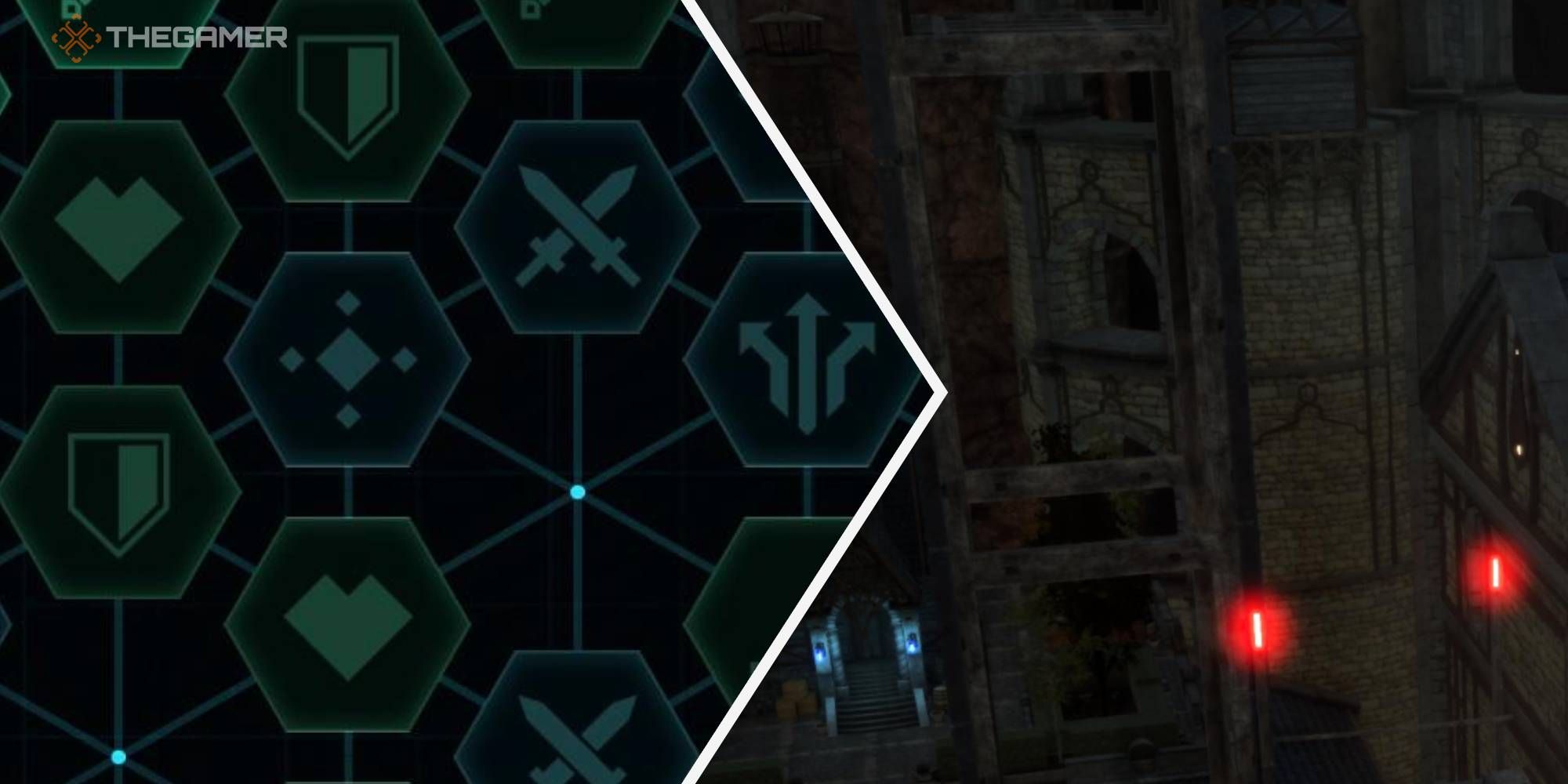Role-playing games share plenty in common with each other, from the likelihood of combat encounters to the probability of some form of in-game economy. Earning cash is vital to maintaining area-appropriate gear and keeping a full stock of helpful healing items. Star Ocean: The Divine Force is no stranger to these tropes, so having plenty of money is a boon.
In the Star Ocean series, Fol is the name of the galaxy’s (inexplicably common) form of currency. To be sure, you can ramp up a passable amount purely through playing at a normal pace. But if you want to stock up on all the good stuff, stick around.
Save Up With Rainy Day Fund
Albaird can be thorny, but don’t call him fickle. He knows the value of saving up, and he’s not afraid to prove it. Albaird has an ability via the skill tree called ‘Rainy Day Fund’ that nets the party more Fol at the conclusion of every battle. It’s a passive skill, meaning that simply by having it equipped in one of his three Passive Skill Slots, the uptick will occur.
This is more powerful than initially meets the eye. A 20 percent increase does add up splendidly over time, but — as you’ll see in the above screenshot — you can level ‘Rainy Day Fund’ multiple times to improve its output.
Whether to spend hard-earned SP on this early in the game is a matter of decent discourse; you may find there are more important things to prioritize for Albaird. Regardless, it’s there, waiting for you to cash in on. Literally. (We’re here all week.)
Shop Quests
Is it just us, or is Star Ocean: The Divine Force a bit selective in the things it covers via tutorials? Shop Quests feel like the prime example. It wouldn’t be entirely out of the question for a player to spend nearly their entire file without tabbing over to the appropriate part of their merchant interaction menus. But hey, it happens.
Don’t ignore these. Especially early on, when most forms of item creation have not yet been unlocked, Shop Quests can be a wonderful way to gain Fol in Star Ocean: The Divine Force. Simply scroll over to the tab during visits to shops that rewards you with set amounts of money for turning in specific numbers of items.
These ‘bundles’ of goods fetch a premium price tag, and while many of them will be useful for item creation later on, even once that happens, you can get a good feel for what will and won’t be relevant as you fiddle with Compounding, Smithery, and so forth.
While we have nothing but good to say about Shop Quests, you should be cautious not to sell non-quest materials that fetch a conspicuously high price. Ancient Coins, for example, can get you a quick 300 Fol. But in the long run, 300 Fol is nothing compared to their overall value in item creation.








